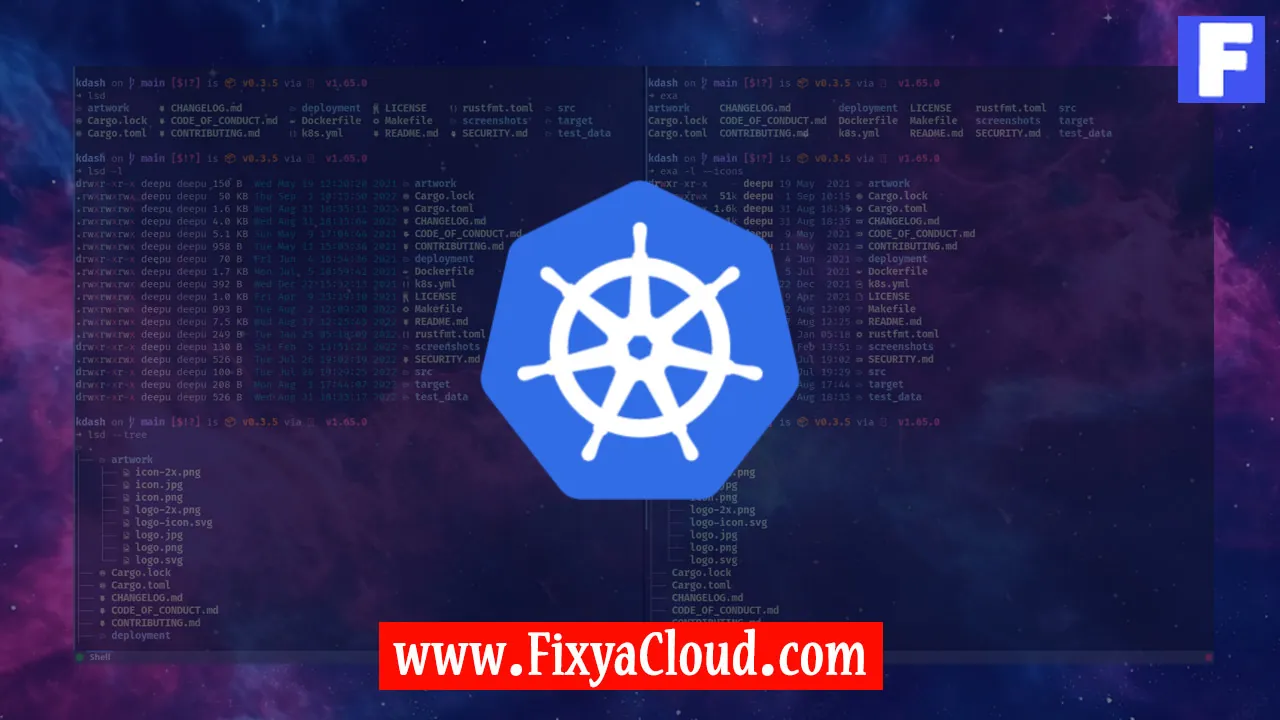Jenkins vs Kubernetes: What Is the Difference?

In the ever-evolving landscape of DevOps and containerization, Jenkins and Kubernetes stand out as two powerful tools that streamline and enhance the software development and deployment processes. While both are integral to the DevOps ecosystem, they serve distinct purposes and address different aspects of the development lifecycle. This article aims to delve into the differences between Jenkins and Kubernetes, shedding light on their functionalities, use cases, and how they complement each other in the world of continuous integration and deployment.
Jenkins: Streamlining Continuous Integration
Overview:
Jenkins, an open-source automation server, focuses primarily on continuous integration (CI) and delivery (CD). It acts as a bridge between development and operations teams, automating the building, testing, and deployment of code changes.
Key Features:
- Automated Build and Deployment
- Plugin Support for Integration with Various Tools
- Extensibility through a Vast Plugin Ecosystem
- Easy Configuration through Web Interface
Example Jenkins Command:
# Sample Jenkinsfile for a Java Maven project
pipeline {
agent any
stages {
stage('Build') {
steps {
script {
sh 'mvn clean install'
}
}
}
stage('Test') {
steps {
script {
sh 'mvn test'
}
}
}
stage('Deploy') {
steps {
script {
sh 'deploy_to_production.sh'
}
}
}
}
}
Kubernetes: Orchestrating Containerized Applications
Overview:
Kubernetes, often abbreviated as K8s, is a container orchestration platform that automates the deployment, scaling, and management of containerized applications. It provides a robust framework for container orchestration, ensuring seamless scaling and resource allocation.
Key Features:
- Container Orchestration
- Automated Scaling and Load Balancing
- Service Discovery and Management
- Declarative Configuration through YAML
Example Kubernetes Command:
# Deploying a simple NGINX web server in Kubernetes
kubectl create deployment nginx-deployment --image=nginx:latest
kubectl scale deployment nginx-deployment --replicas=3
kubectl expose deployment nginx-deployment --port=80 --type=LoadBalancer
Jenkins vs. Kubernetes: Bridging the Gap
Differences:
Scope:
- Jenkins focuses on CI/CD, automating the build and deployment processes.
- Kubernetes is an orchestration platform that manages the deployment and scaling of containerized applications.
Abstraction Level:
- Jenkins operates at a higher level, dealing with builds, tests, and deployment scripts.
- Kubernetes operates at a lower level, managing containers, networking, and storage.
Use Case:
- Jenkins is ideal for automating repetitive tasks in the development pipeline.
- Kubernetes excels in orchestrating and managing containerized applications in a distributed environment.
Integrating Jenkins with Kubernetes
Step-by-Step Instructions:
Install Jenkins Kubernetes Plugin:
- Navigate to Jenkins Dashboard -> Manage Jenkins -> Manage Plugins -> Available.
- Search for "Kubernetes" and install the Kubernetes plugin.
Configure Kubernetes Cloud in Jenkins:
- Go to Manage Jenkins -> Configure System.
- Add a new cloud configuration for Kubernetes, providing the necessary details like Kubernetes URL, credentials, and Jenkins URL.
Define Pod Templates:
- Under the Kubernetes cloud configuration, define pod templates specifying containers, resource limits, and volumes.
Create Jenkins Jobs for Kubernetes:
- When configuring a Jenkins job, select "Restrict where this project can be run" and choose the Kubernetes label defined in the pod template.
In summary, while Jenkins and Kubernetes serve different purposes in the DevOps landscape, they can complement each other seamlessly. Jenkins streamlines the CI/CD pipeline, and Kubernetes takes over the orchestration and management of containerized applications. Integrating these tools allows for a comprehensive DevOps ecosystem, ensuring efficient development, testing, and deployment processes.
Related Searches and Questions asked:
That's it for this topic, Hope this article is useful. Thanks for Visiting us.
